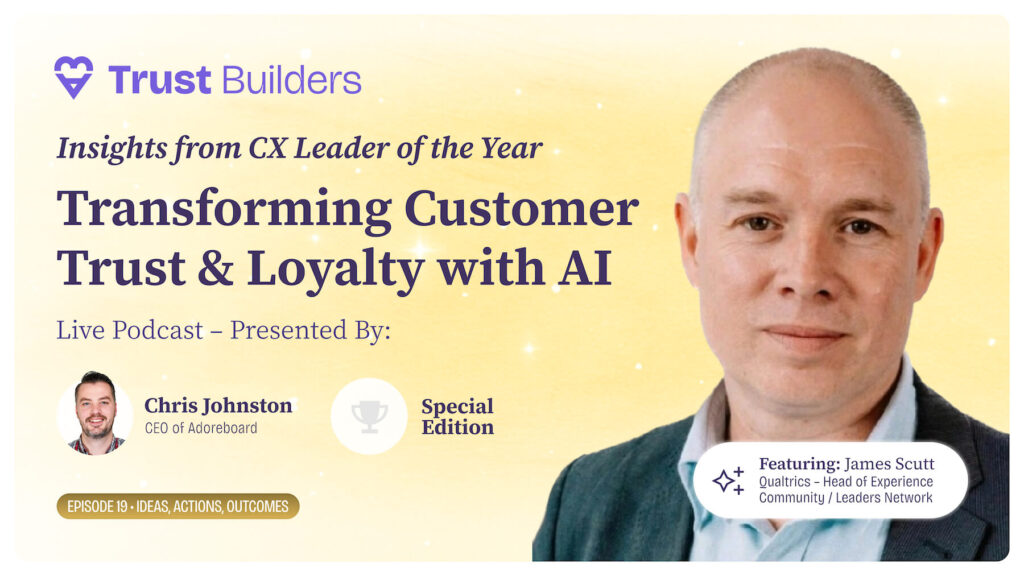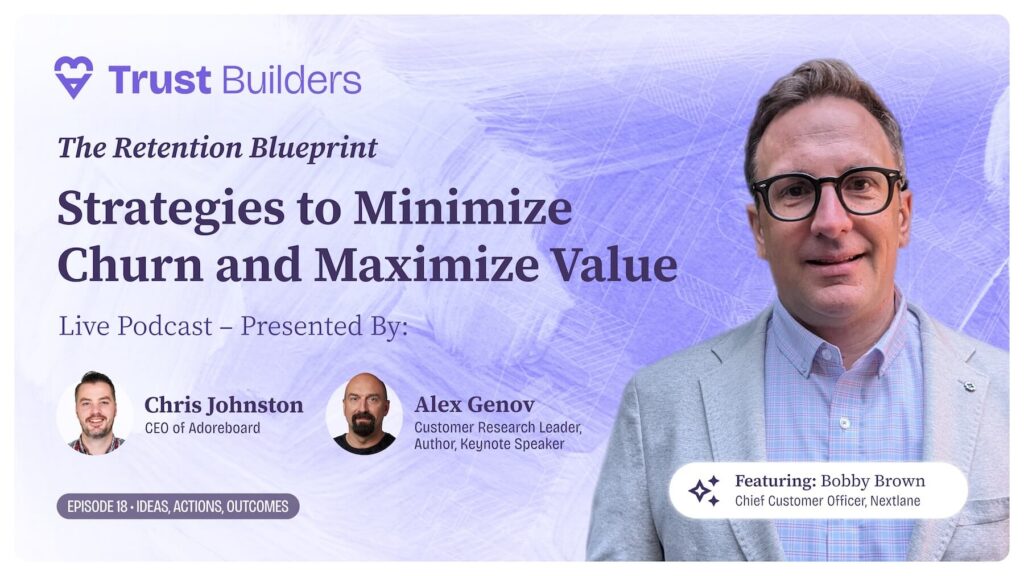With a proliferation of information has come the fragmentation of the tools and methods used to manipulate that information. That sentence may have put you off reading any further – but don’t be hasty reader because that is exactly how many people react to the notion of ‘big data’.
Big data may be the hipster’s du jour tech trend, yet for many it is a dull-as-dishwater subject best dealt with by somebody in a university surrounded by servers, microwave meals and a copy of Terry Pratchett’s Discworld.
However, just as the presence of hipsters has annoyingly transformed rundown tranches of New York and London so big data is transforming our world.
Go into any FTSE Top 100 headquarters and there will be a department dedicated to big data. Buy a bagel and you can bet your cream cheese that your purchase has been logged somewhere, more still; there are people wanting to know how you felt after you ate the thing.
Thanks Google, thanks Facebook – in the past ten years these tech giants have completely revolutionised how we think about data and made statisticians cool for the first time in humankind, take a bow.
Marketing guru Louise Proddow, who was global director of consumer engagement for Dell, explains that big data is now at the centre of business thinking.
“It is no longer a luxury, it has to be at the heart of business. There was a time when you could deliver a strong marketing campaign with a big creative idea at the centre of things, but nowadays that is not enough, you have to have data at the centre of things.”
So Facebook has changed the face of business?
“It goes deeper than just social media. You need to programmatise your message so that you deliver a targeted message to multiple channels at the right time, the data allows you to do that. And then of course you have to measure how successful you have been, you can use the data to do that through things like Adoreboard.”
But while Louise – a marketer – is convinced by the role of big data and how it can be utilised Ben Silcox, head of data and digital lead for Unilever with Havas, cautions that the term is misleading.
“I hate the word big data. It has become a buzz word and a badge for something but not many people understand what it really is, it is applied more than it is understood.”
Wait a minute – it can’t just be a figment of our imagination?
“It should describe the development of a technology by early web companies who needed a way of handling massive amounts of data. They needed to store that info and use it in a cost-effective way” Silcox adds.
While critical of the way people use the term, Ben admits it is more than a passing trend, something which Malcolm White, formerly Executive Planning Director at Partners BDDH and Euro RSCG, echoes.
“If you look what marketing clients are doing then big data is very much there. But it has always been there, what has changed is the scale, volume and depth.” he explains.
“One of the reasons for having a ‘planner’ was to respond to and deal with a massive proliferation of consumer data that happened in the 1960s.”
So ‘big data’ ain’t new… well what’s all the fuss about then? Malcolm continues: “I do think there is a remarkable amount of confusion and misinformation around the subject. People talk about big data when they actually men lots of data. It’s only a partial description of what is meant by big data as far as I am concerned.”
Despite any problems with the data the behemoth cannot be put back in the box, there is no turning back and it’s not just about big business big data and its associated applications are being found everywhere from disaster relief to crowd control and DNA decoding – big data is very bloody useful. It is putting the modern era under the microscope and it’s cool, well, hipster cool.




